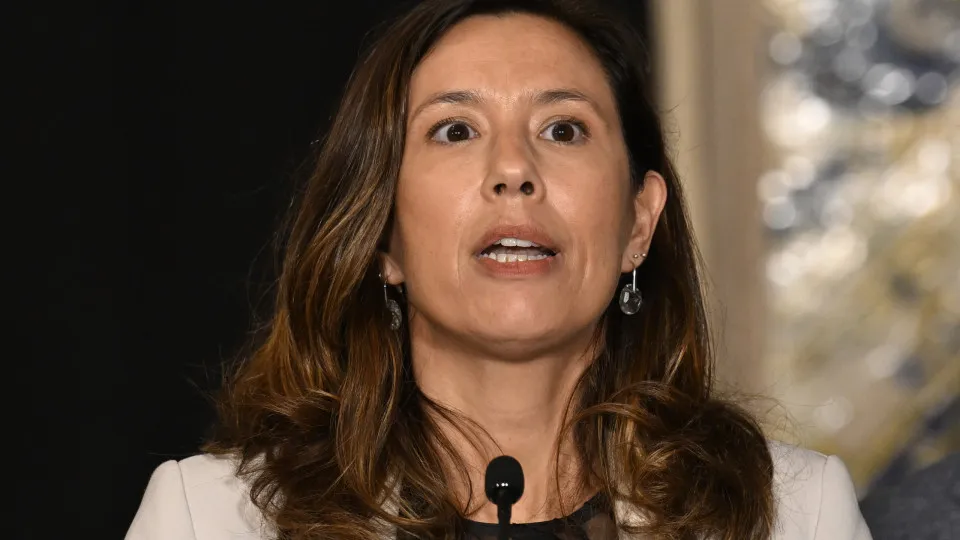In response to Lusa’s inquiry regarding the dimension of asset disposals conducted by financial institutions since 2017, an official source from the central bank stated that “the Banco de Portugal does not possess the requested information”.
The year 2017 marks a time when the Portuguese Association for Consumer Protection (Deco) noted the increasing visibility of the consequences of loan transfers by banks, aimed at cleaning their balance sheets of non-performing loans, as directed by banking supervisory entities.
Major banks have sold portfolios of housing, consumer, and business loans to buyers who then attempt to collect the debts or acquire the real guarantees of the debtors, such as real estate. However, the specific value of the housing credit sold out of the total disposed amount remains unknown.
This category of credit, in the transfer process, may raise legal issues. In 2024 and 2025, in two similar rulings, the Supreme Court of Justice (STJ) ruled the housing credit sales by Santander and BPI to two clients as illegal, noting “fraud against the law”.

The Deco association has been monitoring bank clients surprised by the sale of their mortgage credit to external companies, encountering “violations” of consumer rights, notably since 2017.
Lusa | 10:02 – 07/09/2025
Once a mortgage leaves the sphere of a credit institution, clients lose the legal protection applicable to housing credit contracts and the ability to exercise the so-called “right of redemption,” which allows settling outstanding debt and resuming installment payments as before.
As banks sell portfolios in mass, thousands of client transfers occur in waves, during which clients are omitted from Banque de Portugal’s reports.
To Lusa, the supervisor confirmed that “when a credit is transferred to an entity not participating in the Central Credit Register (CRC), information on this credit ceases to appear in the client’s credit liabilities map, thereby making Banco de Portugal unaware of the credit’s evolution.”
According to Banco de Portugal, “under the current legal framework applicable to housing and mortgage credit contracts, the Banco de Portugal only supervises the activity of lending entities (entities legally qualified to grant credit in Portugal) and credit intermediaries”.
Outside this supervision, mentions BdP, are companies purchasing the credits, which are not obliged “to comply with legal and regulatory norms specifically applicable to housing credit marketing” (including the right of redemption).
A new legislative decree, promulgated by the President on August 13, regulating credit transfers and management, will soon take effect.
With this decree, the BdP explains to Lusa, credit transferees must appoint a credit manager, registered with BdP, “responsible for ensuring compliance with rules in client relations, including credit collection and renegotiation,” enabling the central bank to impose sanctions for noncompliance.
The directive was expected to be implemented by Portugal by December 29, 2023, but the legislative process is only now concluding.
Since then, banks have conducted various credit portfolio sales operations, and with the new rules yet to be enforced, clients haven’t benefited from rights conferred by European law.
For instance, in June, BPI announced the sale of a portfolio worth 82 million euros from 5,600 clients, without specifying how much pertained to housing.




